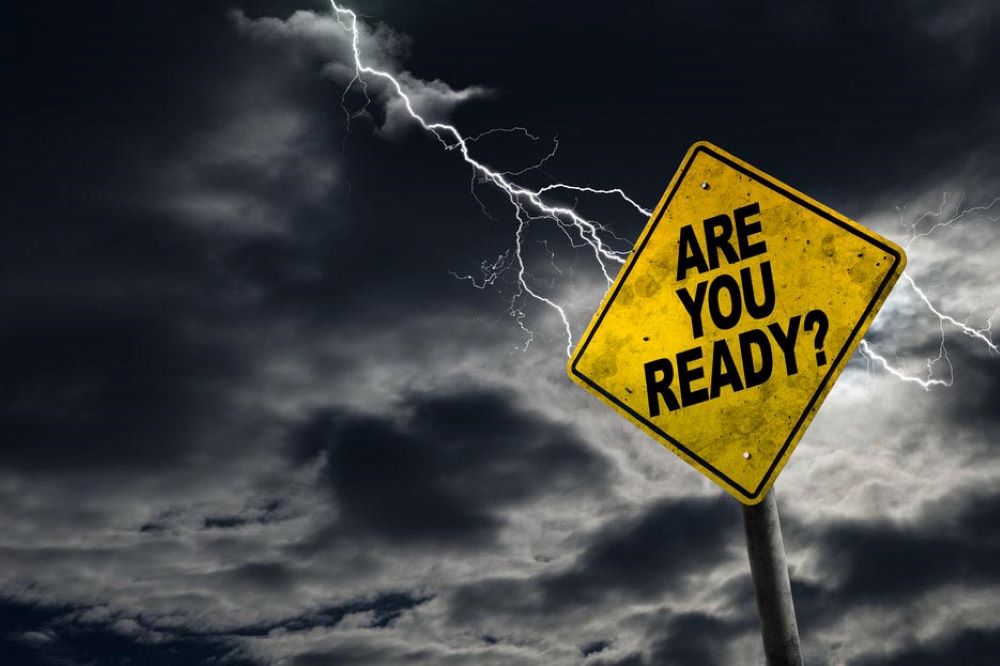How to avoid underinsurance: RACQ

RACQ spokesperson Lucinda Ross said bushfires, floods and cyclones across Queensland would have long-lasting impacts on people who were underinsured.
“It’s important all homeowners ensure they’re insured at the right levels, and there are a variety of factors that require consideration,” Ms Ross said.
“This includes the sum insured and market value of a home and its contents, your location and any disaster mitigation that the homeowner may have undertaken.
“We’re unfortunately seeing many homeowners underinsure their property which can mean they have difficulty meeting expenses after a major event.”
Underinsurance can be a result of homeowners choosing to ‘set and forget’ an insurance policy or underestimating the sum insured to achieve a lower premium, either of which could leave them without enough funds to fully recover after a disaster.
“We’re urging all homeowners to regularly review their policies, especially when we’re approaching cyclone season or when there’s a high bushfire risk,” Ms Ross said.
“Make sure you speak with your insurer to understand exactly what will and won’t be covered and review the risks for your area.
“Every home is different, so don’t rely on a ‘guess-timation’ of what your home or contents are worth and don’t expect that it will be the same value as it was when you first purchased your policy.”
When calculating sum insured amounts, homeowners should consider the following tips:
- Building codes may have changed since your home was built, which can adjust the rebuild cost. We recommend using an industry calculator such as those on our website to identify what these changes might mean for you.
- The cost of rebuilding after an event can be impacted by the demand of building resources in your area. This may change the cost of repairs and you should consider this when calculating your sum insured.
- Take note of items in your house and compare this with current market value to ensure you’ll be able to afford to replace them.
Related topics
Things to note
The information in this article has been prepared for general information purposes only and is not intended as legal advice or specific advice to any particular person. Any advice contained in the document is general advice, not intended as legal advice or professional advice and does not take into account any person’s particular circumstances. Before acting on anything based on this advice you should consider its appropriateness to you, having regard to your objectives and needs.